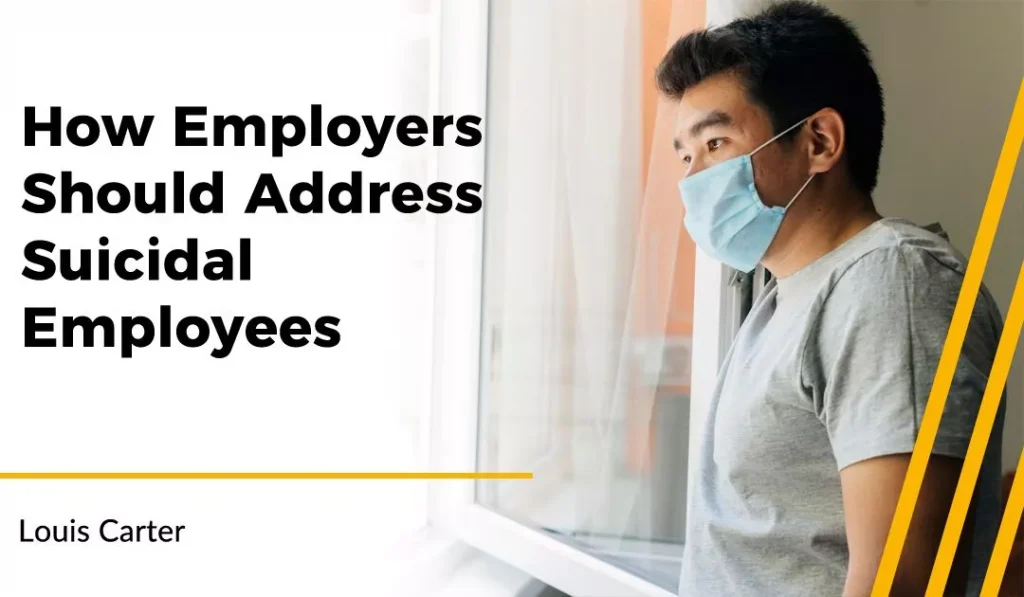
What Is Quiet Hiring? Is It Good or Bad For Your Company?
You’ve probably heard of “quiet quitting,” wherein disgruntled or burned-out workers do the minimum to keep their job and bank their pay. There is a

You’ve probably heard of “quiet quitting,” wherein disgruntled or burned-out workers do the minimum to keep their job and bank their pay. There is a

You’ve probably heard of “quiet quitting,” wherein disgruntled or burned-out workers do the absolute minimum to keep their job and be paid. There is a

Quiet quitting refers to a workplace where employees remain in their current job while giving the least time, effort, and energy necessary for the role.

If you had a difficult day at work, you have encountered toxic positivity and were advised “you’re bringing the mood down” or “positive vibes only.”

Mass layoffs are a painful but common occurrence in the corporate world, and they frequently leave workers confused about how they will be affected and

Feelings can be a fluffy word for the workplace, but it’s time to rethink your relationship with the word feelings. Research and common sense indicate

HR leaders understand that it’s critical to measure the effectiveness of HR strategies. The issue is that most HR metrics have traditionally relied on standard

Suicide rates slowly returning to their pre-pandemic levels is a sign of things to come. In the United States, there were 47,646 suicide mortalities in

The majority of employees detest critical feedback. If an employee is used to their supervisor praising them, hearing that they didn’t live up to expectations

People need to understand polarity – opposing viewpoints that seem to negate each other. With some vigor, my coaching clients challenge me to explain why feedback

You’ve probably heard of “quiet quitting,” wherein disgruntled or burned-out workers do the minimum to keep their job and bank their pay. There is a

You’ve probably heard of “quiet quitting,” wherein disgruntled or burned-out workers do the absolute minimum to keep their job and be paid. There is a

Quiet quitting refers to a workplace where employees remain in their current job while giving the least time, effort, and energy necessary for the role.

If you had a difficult day at work, you have encountered toxic positivity and were advised “you’re bringing the mood down” or “positive vibes only.”

Mass layoffs are a painful but common occurrence in the corporate world, and they frequently leave workers confused about how they will be affected and

Feelings can be a fluffy word for the workplace, but it’s time to rethink your relationship with the word feelings. Research and common sense indicate

HR leaders understand that it’s critical to measure the effectiveness of HR strategies. The issue is that most HR metrics have traditionally relied on standard

Suicide rates slowly returning to their pre-pandemic levels is a sign of things to come. In the United States, there were 47,646 suicide mortalities in

The majority of employees detest critical feedback. If an employee is used to their supervisor praising them, hearing that they didn’t live up to expectations

People need to understand polarity – opposing viewpoints that seem to negate each other. With some vigor, my coaching clients challenge me to explain why feedback